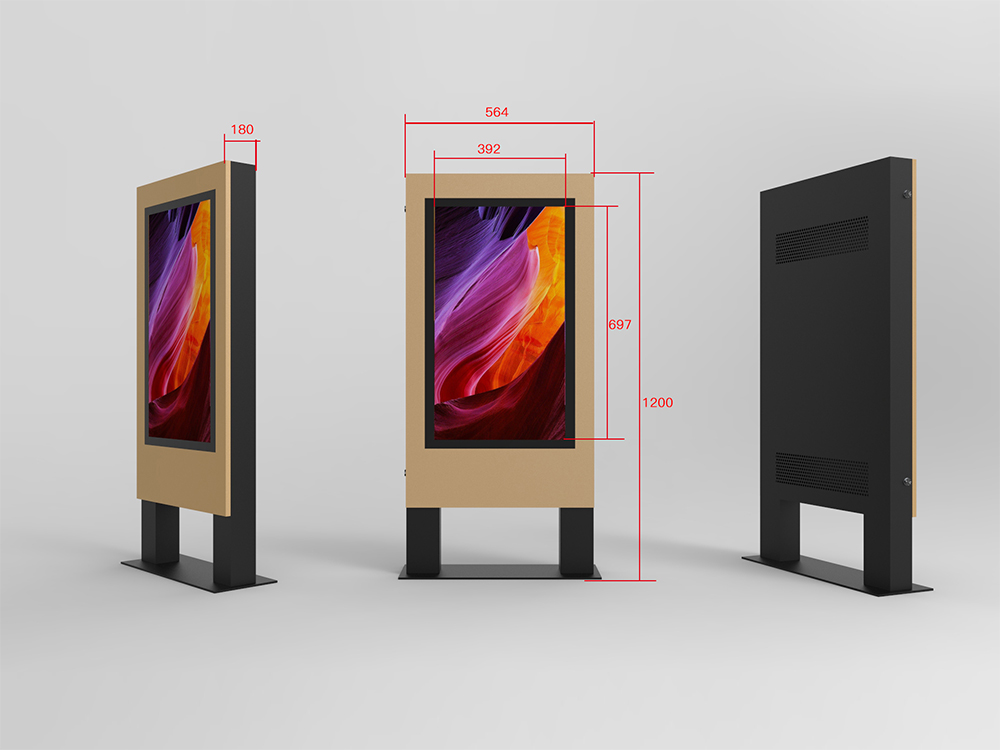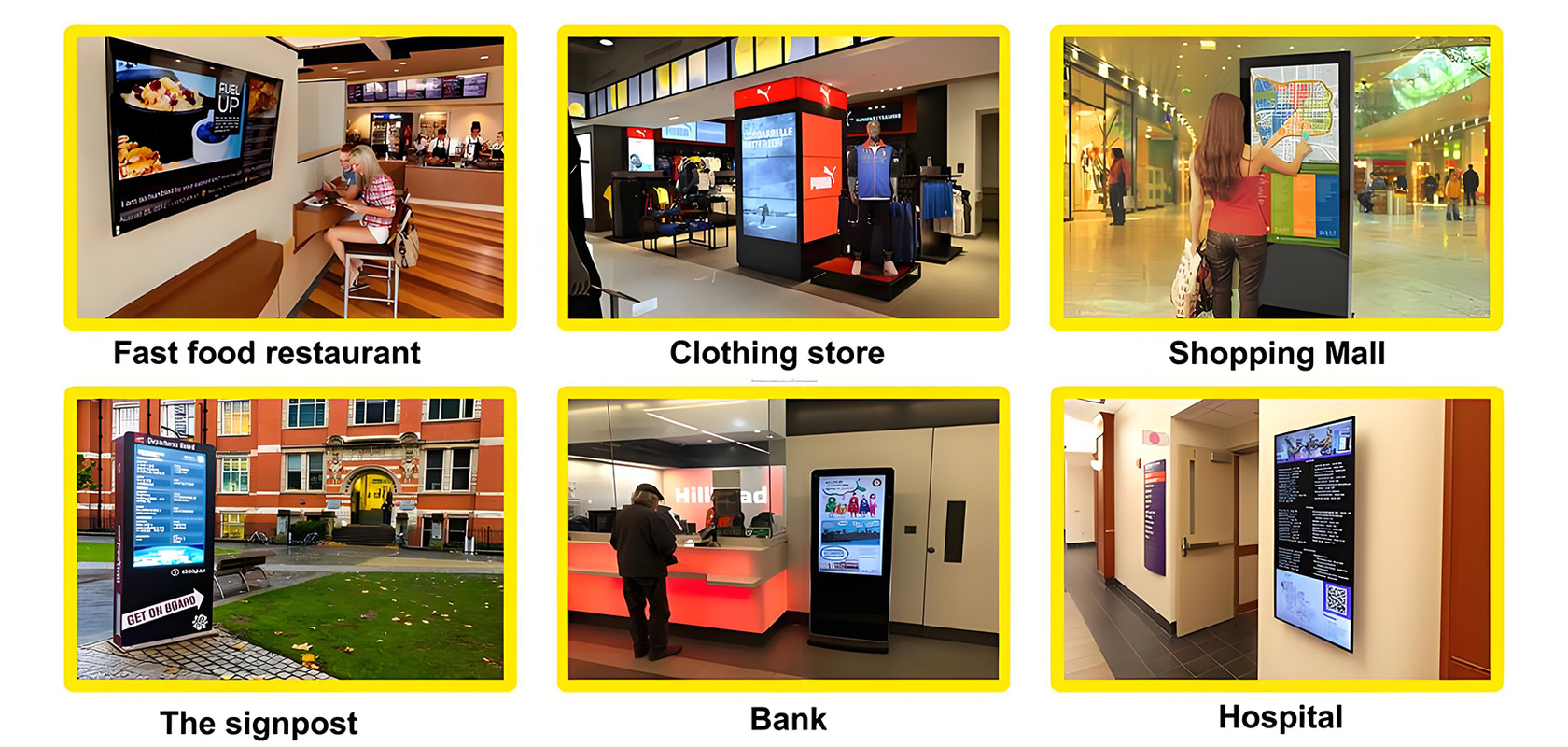Digital Signage for Hotels & Hospitality
In the modern era of hospitality, where technology and customer experience are intertwined, digital signage has emerged as a powerful tool to elevate service quality and enhance guest satisfaction. This transformative technology allows hotels and other hospitality venues to communicate more effectively, engage their audiences, and create memorable experiences.

Digital signage refers to the use of electronic displays to showcase information, advertisements, or entertainment content. In the context of hotels and hospitality, it can range from simple LCD screens displaying welcome messages to interactive kiosks offering guests a self-service experience. The versatility and customizability of digital signage make it an invaluable asset in the hospitality industry.
One of the primary benefits of digital signage in hotels is its ability to improve communication. Traditional signage, such as printed posters or static boards, can quickly become outdated or irrelevant. Digital signage, on the other hand, can be updated instantly, allowing hotels to convey timely information like event schedules, restaurant menus, or weather updates. This real-time communication ensures that guests are always informed and can make the most of their stay.
Furthermore, digital signage enhances the guest experience by providing a more interactive and personalized environment. Interactive kiosks, for instance, allow guests to explore the hotel's amenities, book activities, or even check out without having to wait in line or speak with a front desk clerk. This self-service option not only reduces wait times but also gives guests a sense of control and autonomy over their experience.
In addition to improving communication and guest experience, digital signage can also be a powerful marketing tool for hotels. By displaying promotional content or advertisements on screens in high-traffic areas, hotels can effectively promote their services, special offers, or upcoming events. This targeted approach not only captures the attention of guests but also encourages them to explore more of what the hotel has to offer.
Moreover, digital signage can contribute to the overall ambiance and aesthetic of a hotel. With the ability to display high-quality images and videos, digital screens can transform any space into a visually appealing and immersive environment. Whether it's showcasing scenic landscapes, artistic installations, or cultural videos, digital signage has the power to evoke emotions and create a lasting impression on guests.
When implementing digital signage in hotels, it's crucial to consider the content strategy. The content displayed on the screens should be relevant, engaging, and tailored to the target audience. It's also important to ensure that the signage is properly integrated into the hotel's overall design and does not create visual clutter.
Additionally, hotels need to invest in reliable and user-friendly technology to manage their digital signage systems. A robust content management system (CMS) allows hotels to easily update content, schedule playlists, and monitor the performance of their screens. By having a centralized platform to control all digital signage assets, hotels can ensure consistency and efficiency in their communication efforts.
In conclusion, digital signage plays a pivotal role in enhancing the guest experience and driving business success in the hospitality industry. Its versatility, real-time communication capabilities, and marketing potential make it a valuable investment for hotels seeking to stay ahead of the curve. As technology continues to evolve, digital signage will remain a key component in shaping the future of hospitality.
Application scenarios of digital signage

Tags:
self service kiosk touch kiosk digital signage interactive display interactive touch whiteboard kiosk video wall wall outdoor kiosk IP68 IP67 screen Shopping MallCurrent article link:
https://www.lcdkiosk.com/news/1089.html







